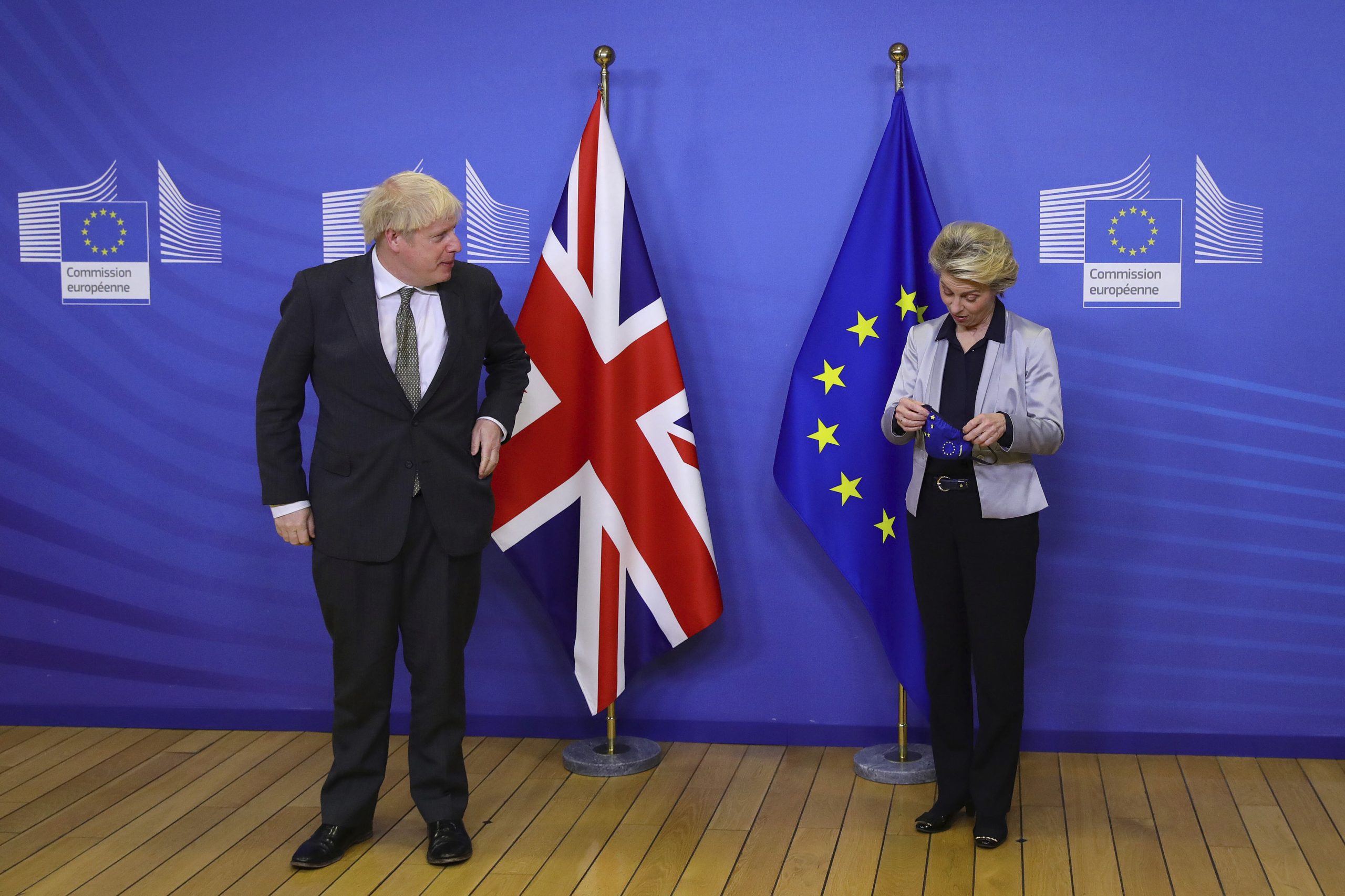Britain has delayed the implementation of post-Brexit import controls again to next year to allow businesses to focus on recovery from the COVID-19 pandemic, while urging firms to take advantage of new export routes. Trade minister Liz Truss called for a shift from “defence to offence in trade.” During a speech at Policy Exchange on Tuesday, she set out Britain’s new trade policy which aims to shift the focus of its trading and diplomatic strategy towards the Indo-Pacific region, Reuters reported. Truss said Britain was “forging modern trade routes” from Silk Road to the Silicon Road. “And we are playing to our strengths as the world’s second largest services exporter and, for me, the world’s most innovative economy.”
While the European Union imposed border controls at the end of last year, Britain says it is delaying import checks on food and other goods to give businesses time to adapt to the post-Brexit situation. Brexit minister David Frost on Tuesday said the “pragmatic new timetable” for full customs declarations and controls have been pushed to January 1, 2022, to allow businesses more time to prepare. Safety and security declarations will be required from July 1 next year, news agency Reuters reported.
Last week, news agency AFP reported, supermarkets and grocery stores in UK had run out of basic food items like water and milk due to strain on supply chain caused by Brexit.
Also Read | Britain to overhaul privacy rules in an attempt to move away from EU’s GDPR
In recent months, there have been instances of McDonald’s running out of milkshakes and pubs out of beer. Businesses have also complained about difficulty in hiring European Union (EU) citizens and a drastic shortage of lorry drivers due to Brexit rules.
Cooperative supermarket group Co-op told AFP that it has had to recruit nearly 3,000 temporary workers to keep depots going at capacity and getting stocks stored as soon as possible. “We already decided to reduce our stock because of COVID…but now we’re finding it hard to get some products as well because they’re just not available,” said a Co-op spokesperson.
ALSO READ: Walmart denies tie-up with Litecoin, LTC founder says they ‘screwed up’
Shoppers even had to stare at empty soft drink shelves for days. Toma, a young grocery store worker, said that the shortages began when the pandemic hit and things got worse after Brexit came into force on January 1.
Frozen-food group Iceland and retail giant Telco have warned of shortages during Christmas. “Every day we are missing around 10% of the stock we have ordered into our depots,” Iceland chief Richard Walker wrote in a blog.







